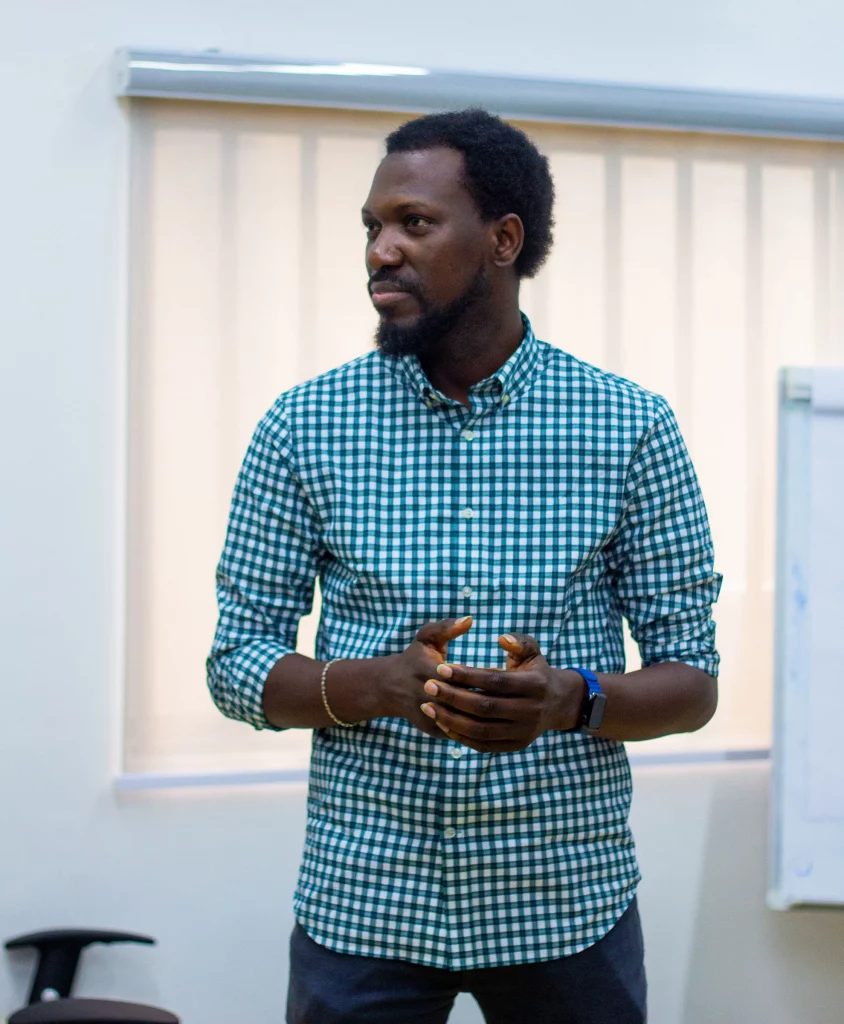If I had a dollar every time I read about a Nigerian startup doing interesting stuff (launching a product or raising unprecedented amounts in seed funding), I will probably be a millionaire today.
The growth of the Nigerian tech ecosystem over the years is remarkable, priding itself as the home of many successful startups and contributing 18.44% to Nigeria’s GDP — even more than oil. According to a recent report by Disrupt Africa, 383 Nigerian tech startups raised over $2 billion in seven years.
But beneath the glittery success story is the never-ending issue of lack of ethics, corporate governance and workplace impropriety in Nigerian startups.
Last Thursday, embattled founder and former CEO of Risevest, Eke Urum, was found guilty of sexual impropriety, abuse of power and workplace bullying. Urum’s ordeal, which dates back to August this year when he was asked to step aside by investors at the company, took a new turn after a six-week investigation came to the aforementioned conclusion.
“The evidence presented to the panel could not prove sexual assault by Eke Urum. However, the evidence presented to the panel including admitted sexual relations with an employee and unwanted, inappropriate jokes and conversations revealed sexual impropriety. It also showed a pattern of abuse of power, intimidation, retaliation and workplace bullying by him,” the statement by the investigation panel reads in part.


Based on the recommendation of the panel, Tony Odiba, the company’s acting CEO, will remain in that capacity until the newly constituted board appoints the next CEO, while Urum is expected to move into a non-executive member role of the same board.
As with every time a bad story breaks, Nigerians — like flies to dung — trooped to Twitter to share their two cents on the development, many of which pointed to the unchecked nature of startup founders in the country, some sort of pattern in the tech industry.
A disturbing pattern
This is not the first time we have seen a Nigerian startup enmeshed in such a messy workplace scandal, which raises serious questions about a seeming lack of ethics and corporate governance in the country’s tech ecosystem.
In April, Africa’s most valuable startup, Flutterwave was caught in a web of controversy following an article by Nigerian journalist, David Hundeyin who accused the company’s CEO and co-founder, Olugbenga Agboola of fraud and insider trading, among other allegations.
In a Medium post, Clara Wanjiku Odero, a former employee of the payments giant accused Agboola of bullying and workplace impropriety, alleging further that the company refused to pay her her exit remuneration.
Agboola, in reaction, denied both accusations.


But when Flutterwave had its accounts frozen in Kenya over money laundering allegations, conversations about the company’s lack of ethics again came to the front burner of public discourse.
In March, TechCabal published an exposé on the toxic workplace at Bento Africa with its CEO, Ebun Okubanjo at the eye of the storm. After the backlash, Okubanjo said he was going to step away from “people decisions,” but still remained at the company.
The Bento drama even birthed a conversation about horrible bosses on Twitter.
In 2020, Kendall Ananyi, the CEO of Tizeti was accused of sexual harassment. After Tizeti completed an ‘independent investigation’, it reinstated Ananyi back on its board. Ananyi is still the CEO of the company.
Read also: Can we solve workplace improprieties in the Nigerian tech industry?
Culture is the problem
In cases of workplace impropriety and other related issues, one thing is constant: the half-hearted and oft-predictable response of the tech ecosystem. Conduct an in-house investigation and ask the affected CEO to resign.
Case closed. Little or nothing is heard about what eventually happens to the victims.
This, of course, speaks volumes about a culture of abuse of power and a seeming lack of accountability among Nigerian tech founders, leaving many to wonder if they are above the law.
“The key problem with the tech space in Nigeria is not an infrastructural or regulatory one. It is a cultural problem – a culture of extreme, obnoxious selfishness and greed that encourages participants to act like predators and throw all other stakeholders under the bus,” Hundeyin wrote in a 2019 article.
Three years later, the statement couldn’t have been more true, especially in light of recent happenings in the tech ecosystem. If there is anything this situation tells us, it has to be the need for honest conversations about ethics and corporate governance in the Nigerian tech industry.
Whilst the tech space will no doubt continue to grow in leaps and bounds, its intractable relationship with controversies — if not addressed — will bring forth many troubles.






